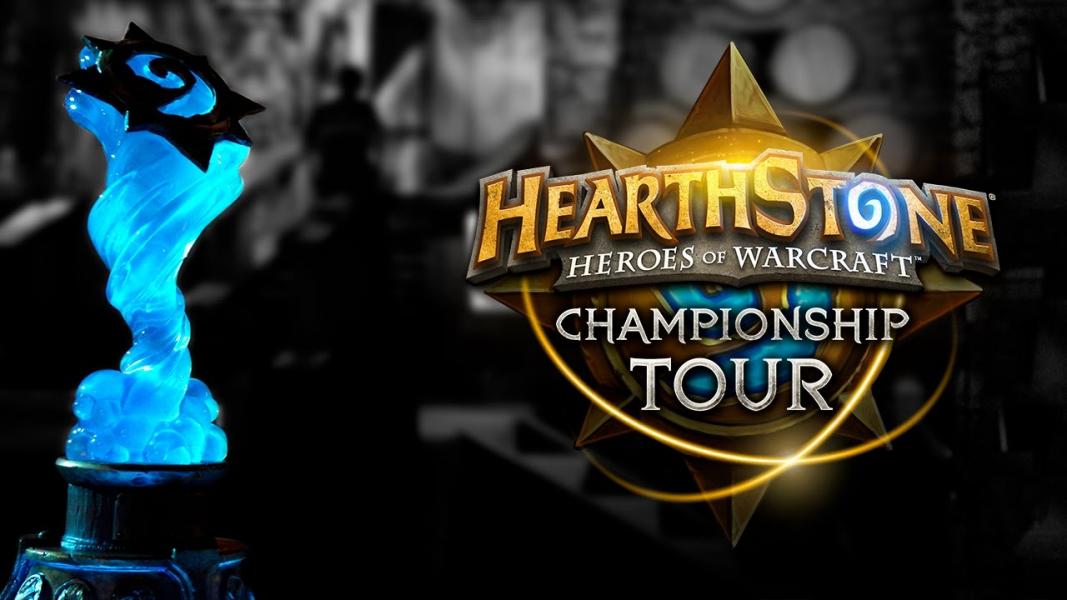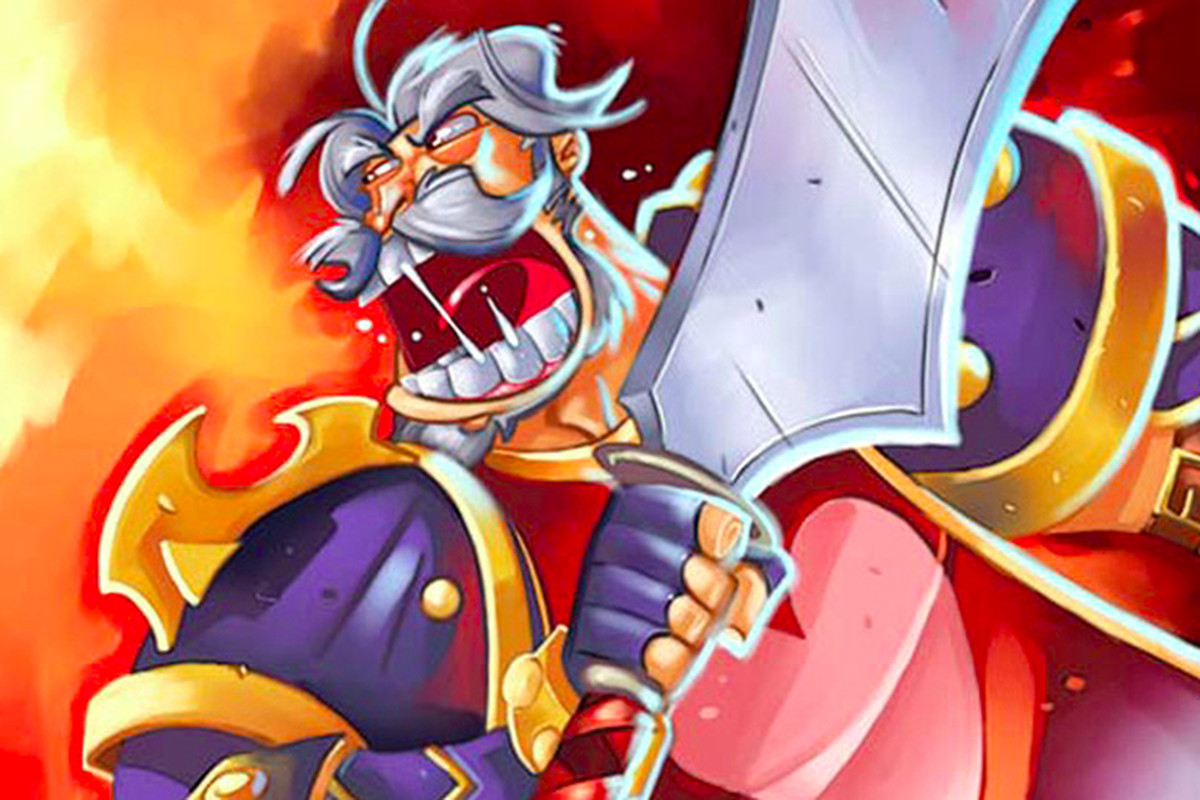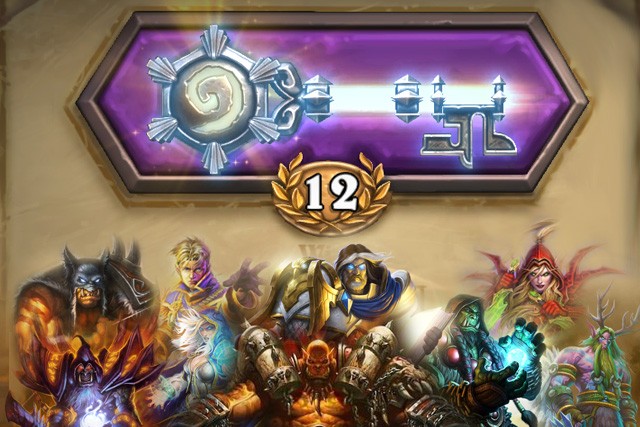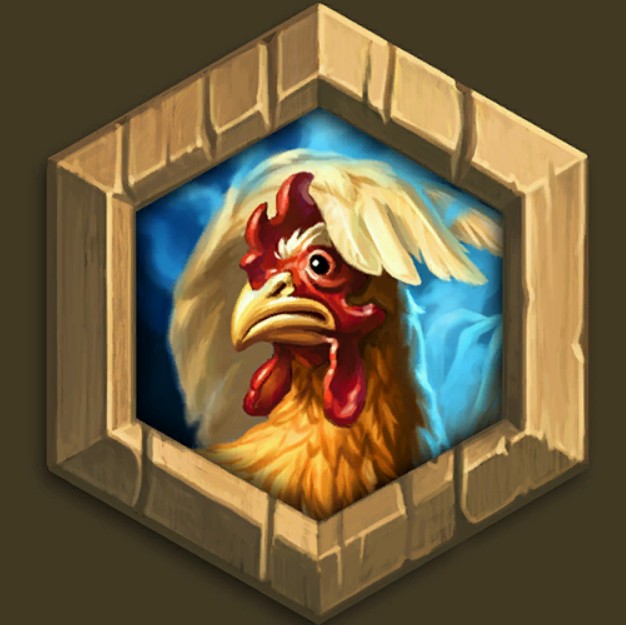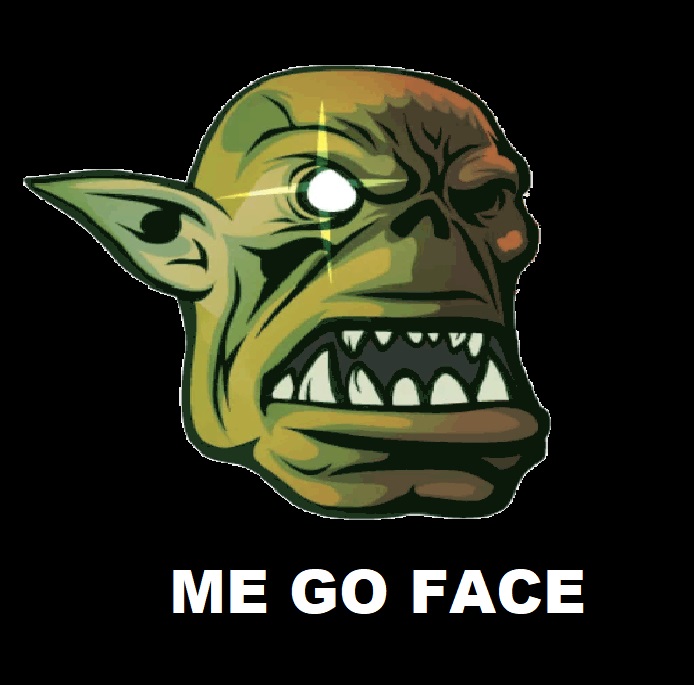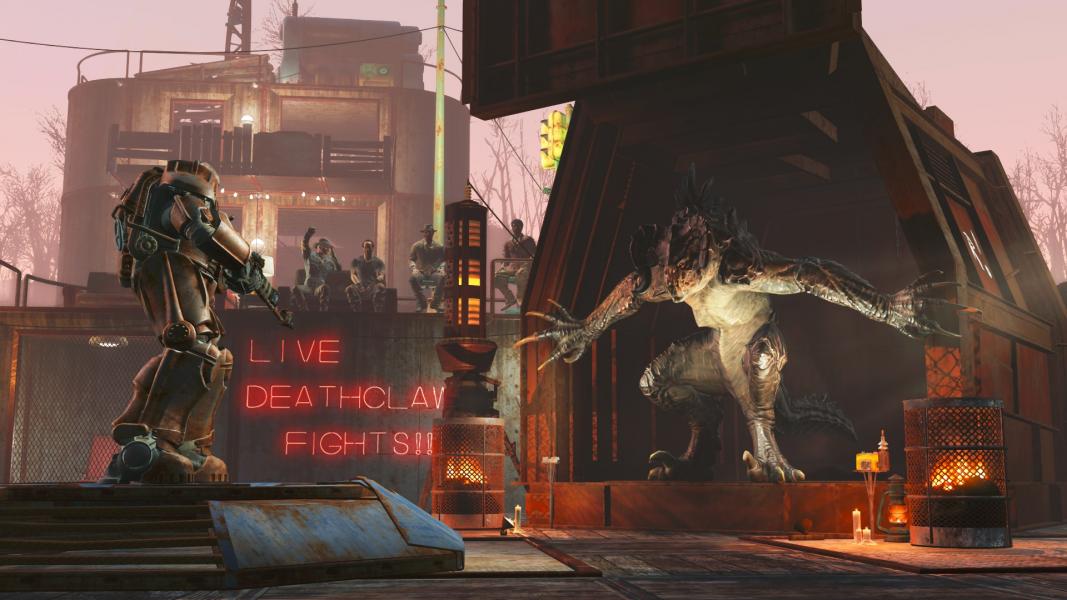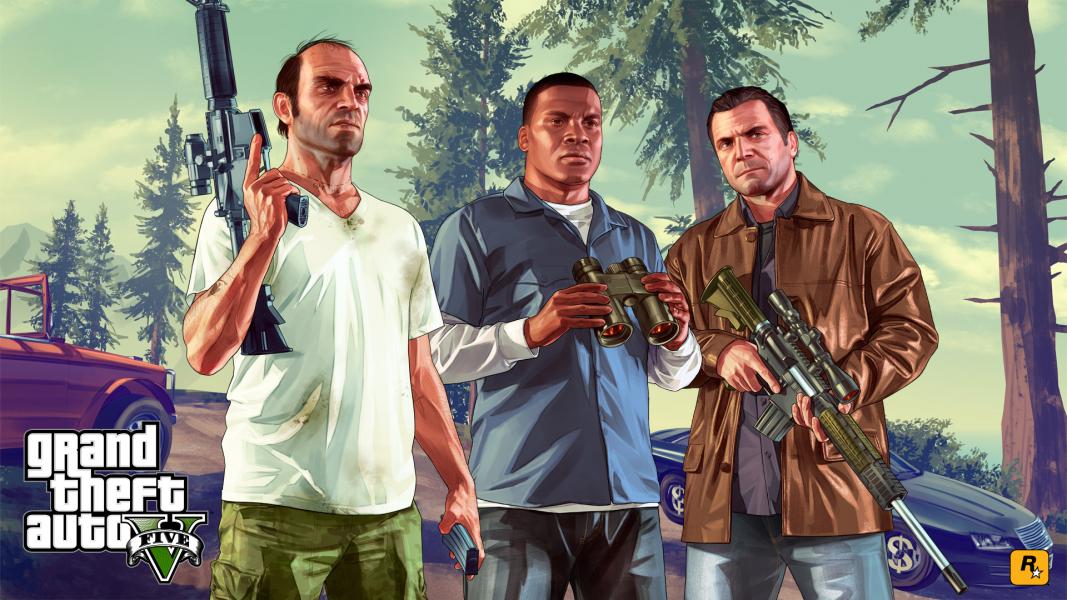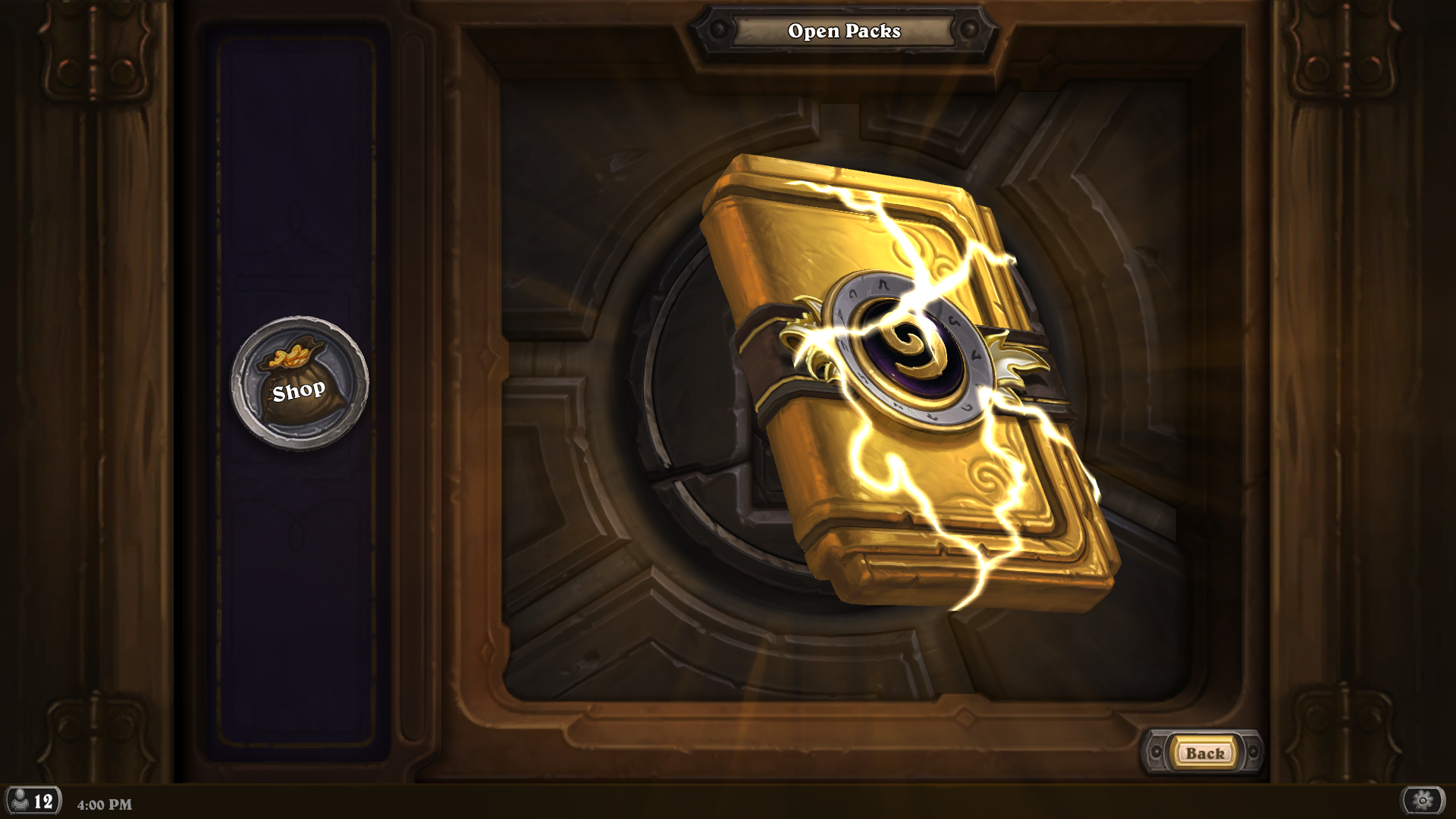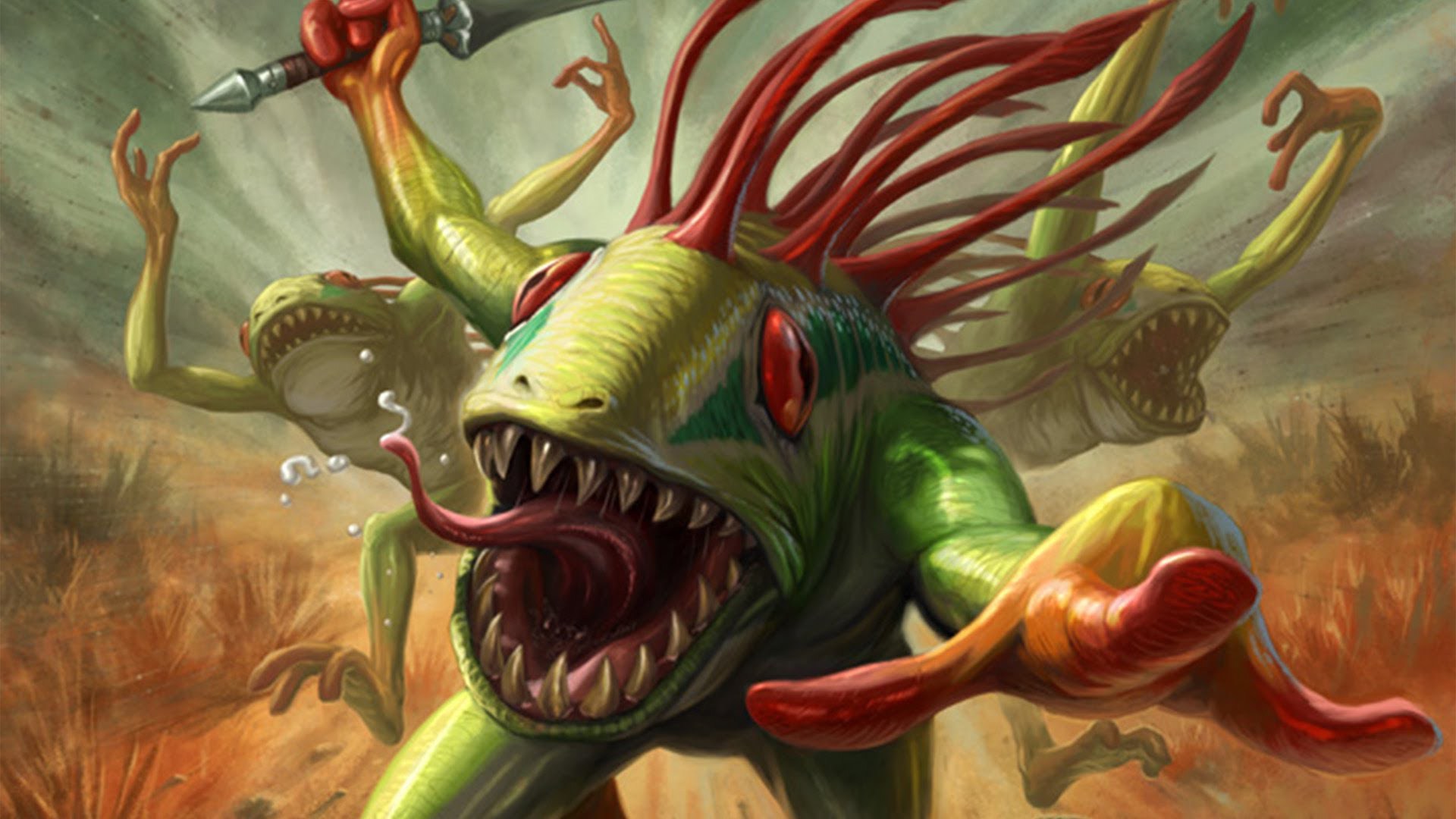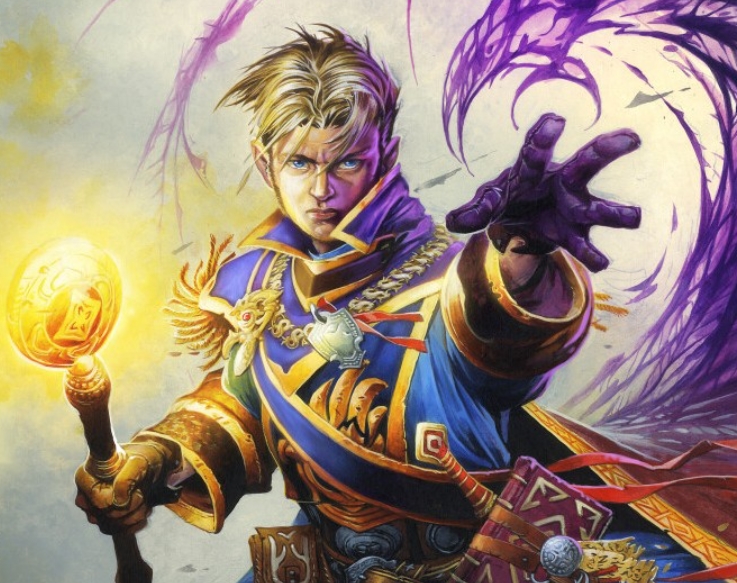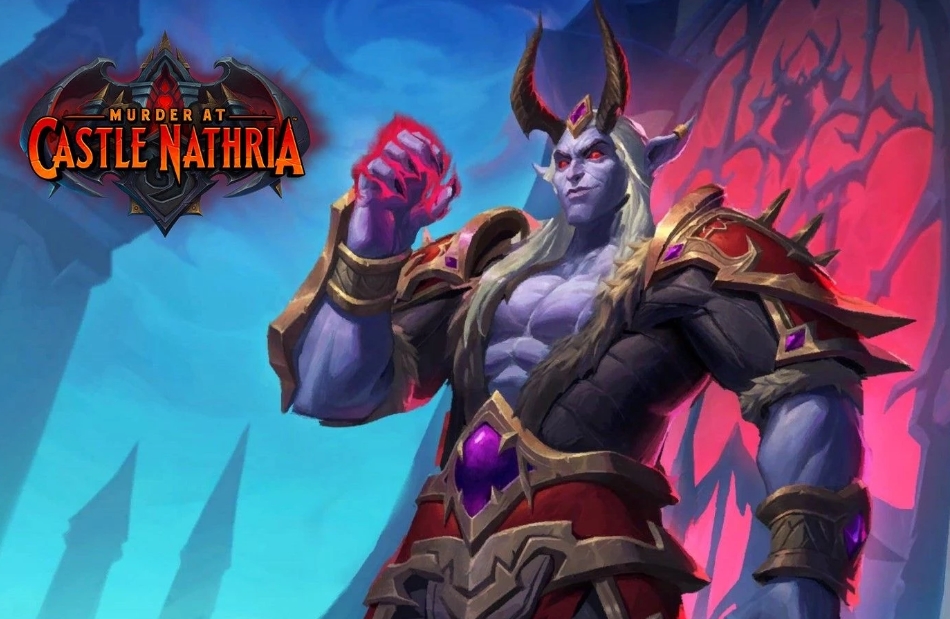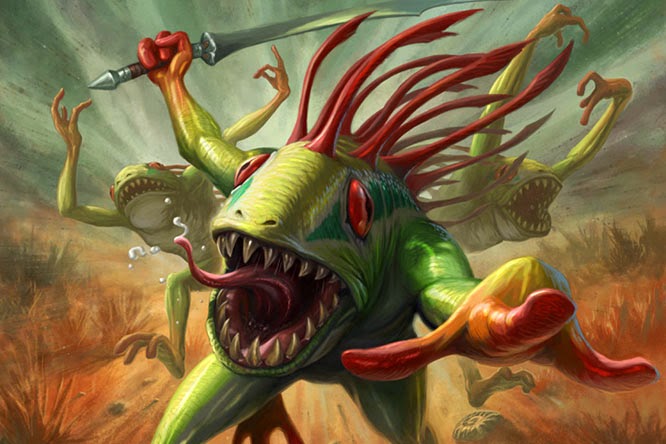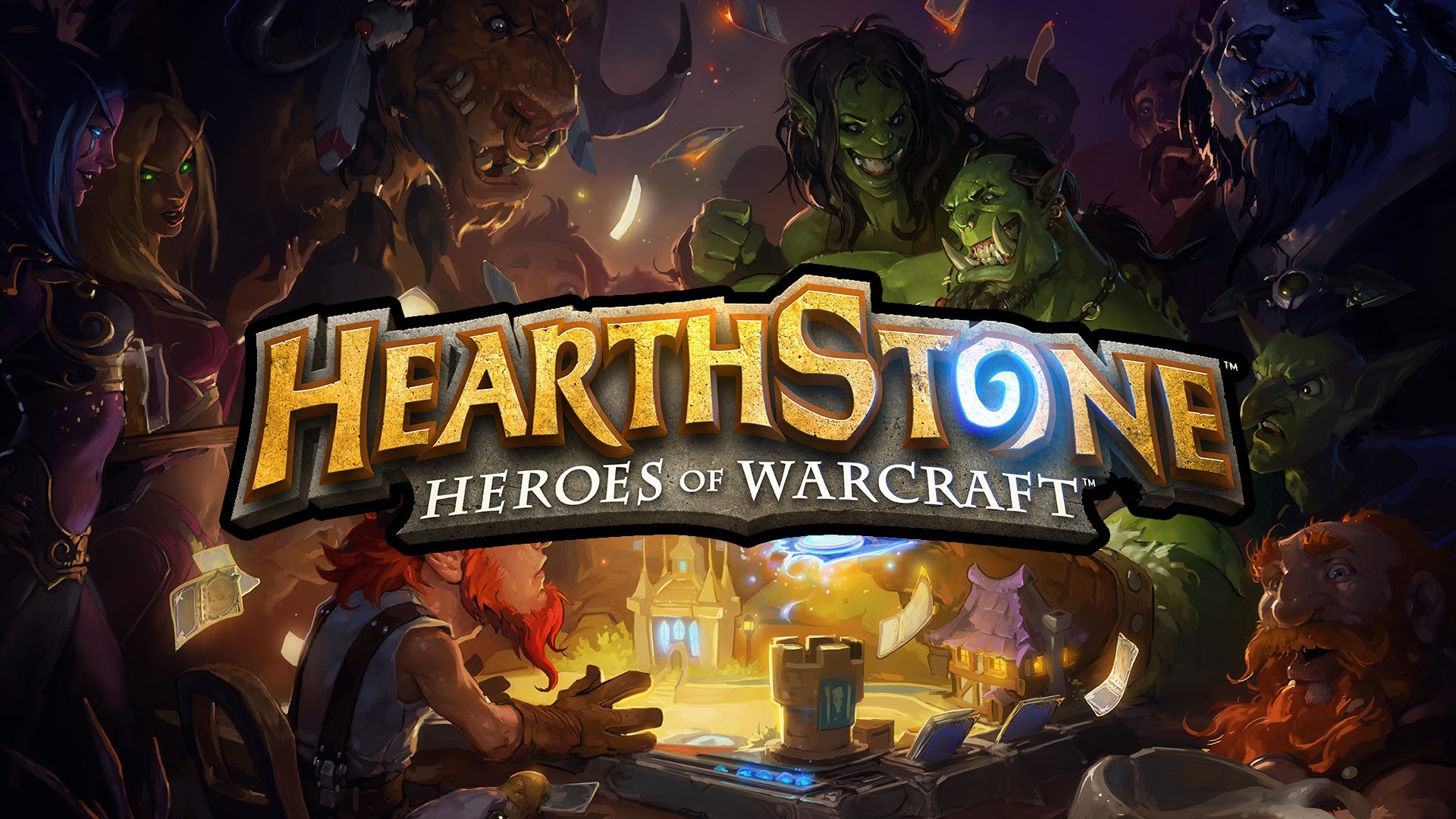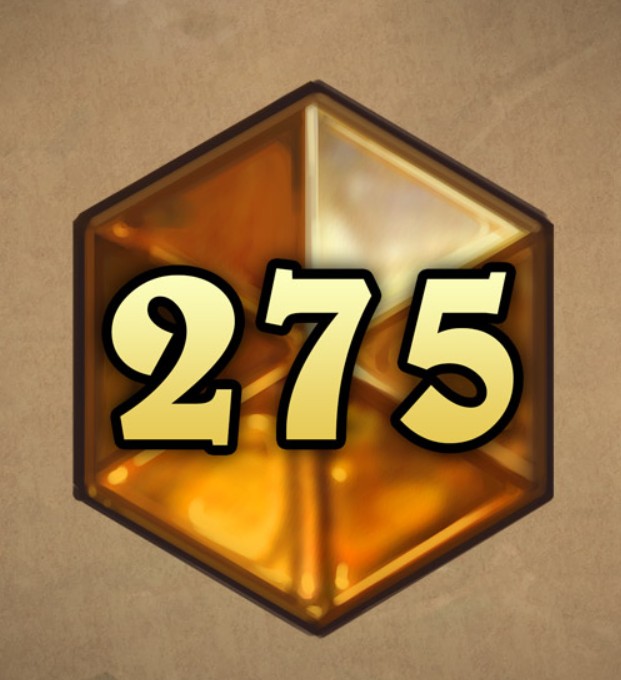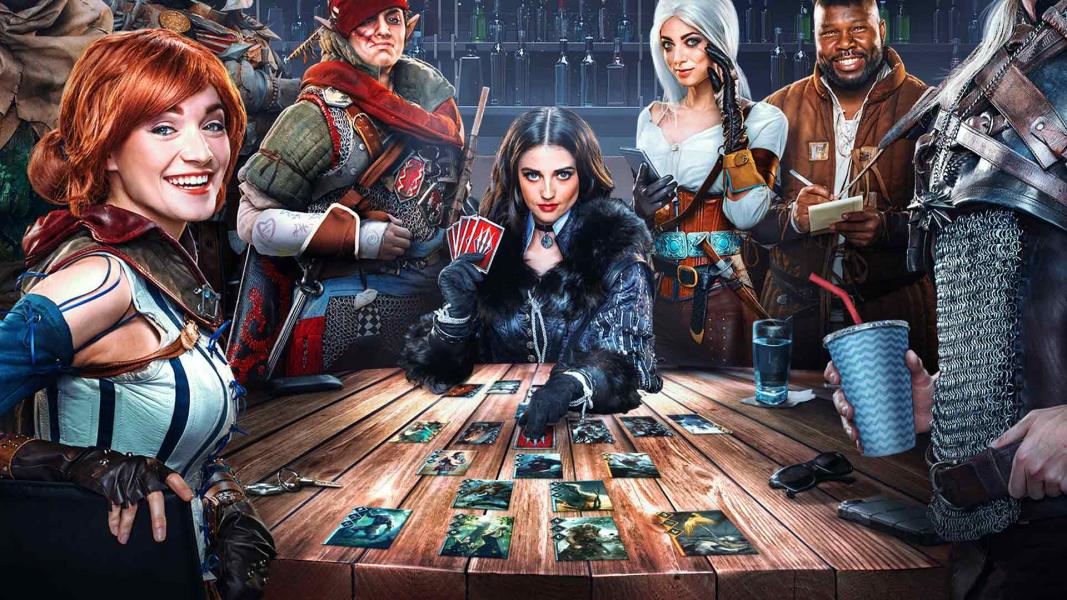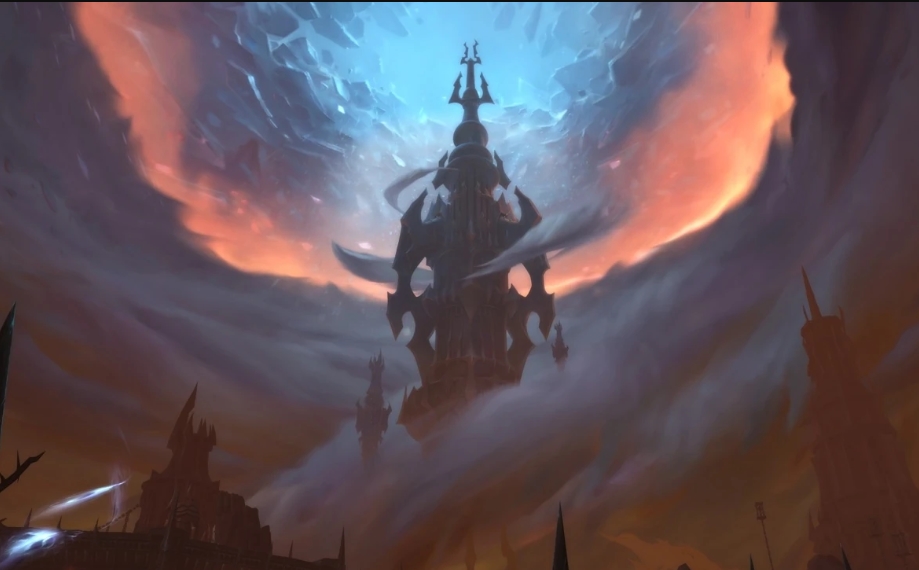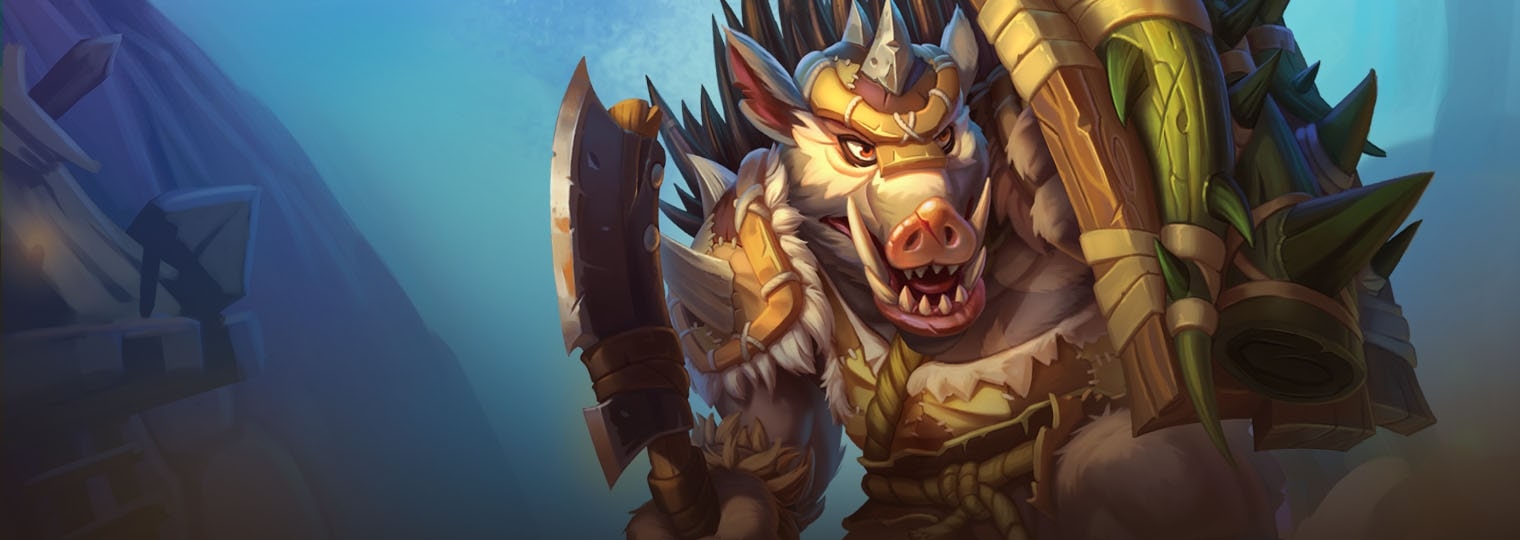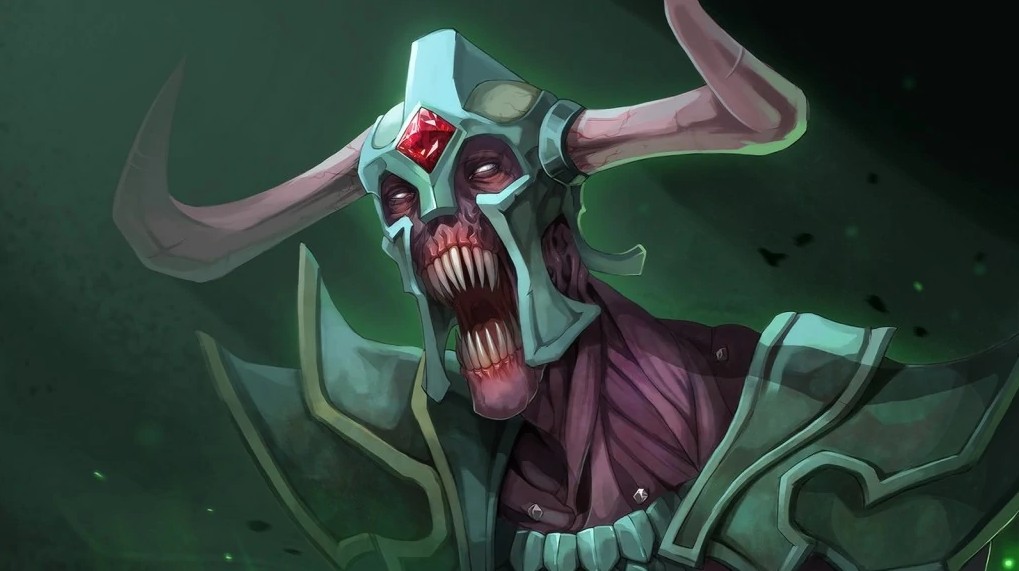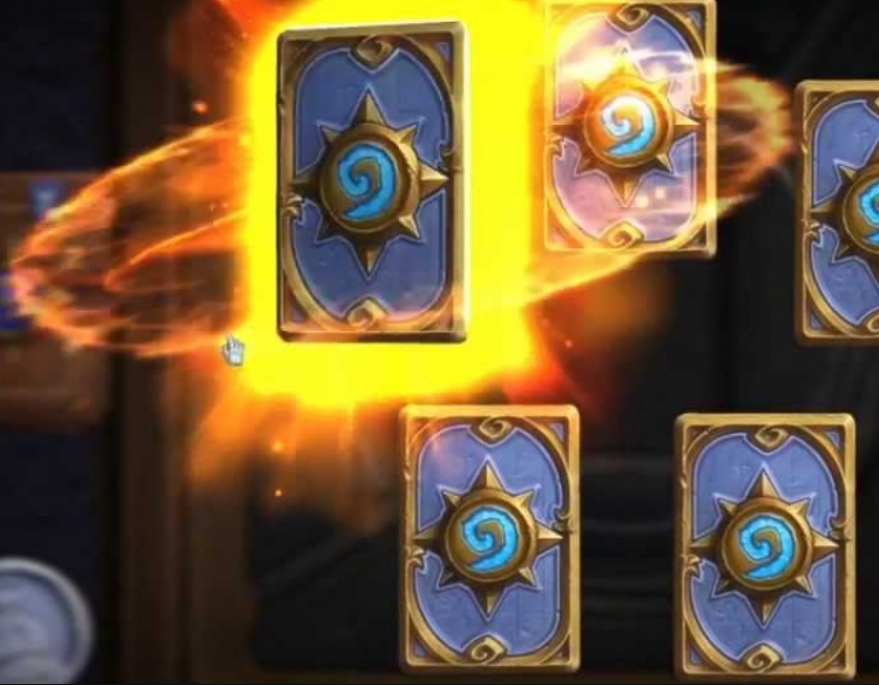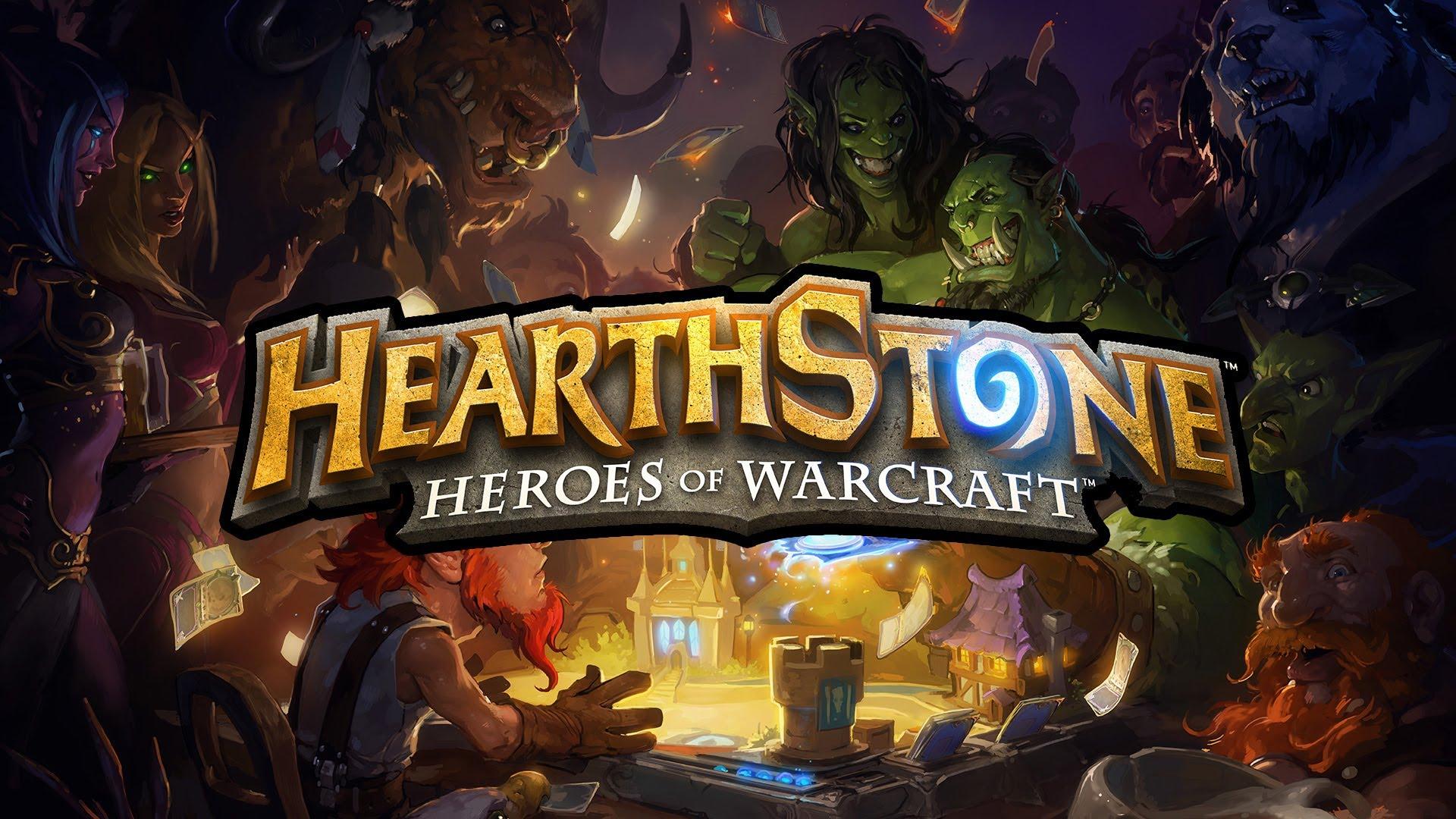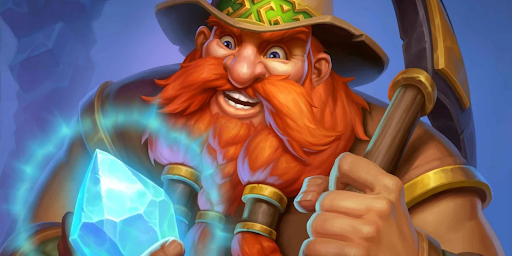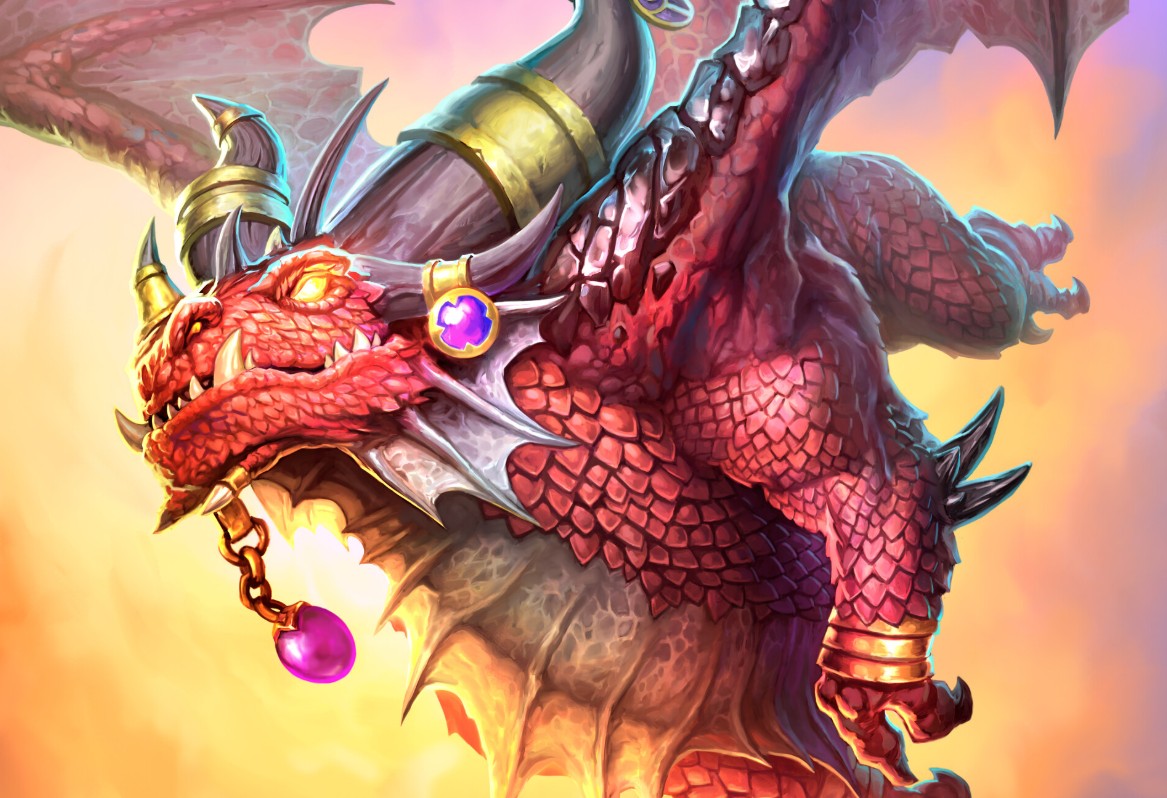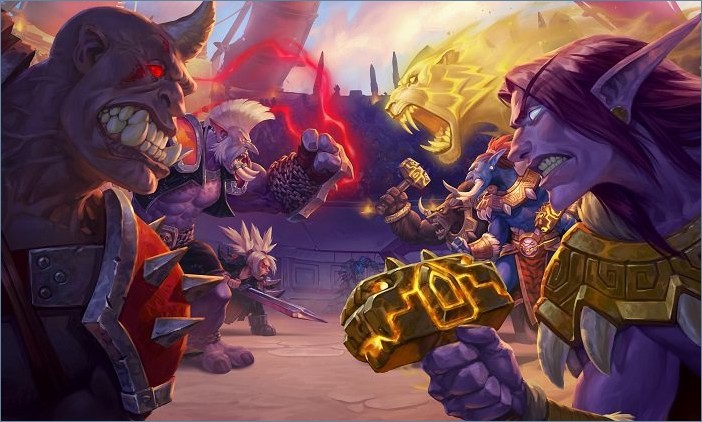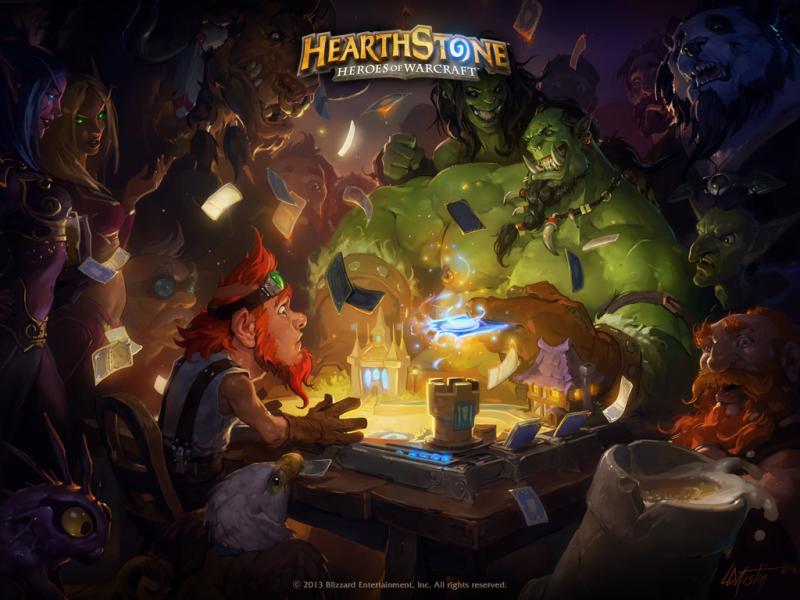
What is Arena?
Hearthstone’s arena is a fun and competitive mode of play. Players will need to pay an entry fee to compete, this costs 150 gold or $1.99, which is reasonable considering the rewards that can be gained! Players will first choose a hero from a random selection of three heroes, and then they will draft a unique deck of 30 cards from a random selection of cards.
This is part luck and part strategy. Luck, because we cross our fingers and hope to see top ranking heroes, because unfortunately some heroes are just much better than others, and strategy, because we know the cards and the synergy sweet spots. You’re not going to close your eyes, randomly click cards, and hope for the best here. You have to build a deck of cards that will compliment one another, or play well together.
Once you have selected your hero, and built your deck, you enter the gauntlet to climb the ladder. Prizes scale up with each win, the goal here is 12 victories, to receive the best arena key and get the most gold and card packs that you can. You can take three defeats before you must end your arena run and collect your prize. Once you pay the arena entry fee, you wont need to finish all of your arena runs at once, there is no time limit here,, take as long as you like.
Are Some Classes Stronger than Others?
Absolutely. However, all classes can be very good, it’s in the skill of the player and how they strategize. Each class has different modes of play as well, and different strengths and weaknesses. Even the top class with the best win rate, could lose against a lower tier class that targets its weaknesses. But it’s no secret that some classes are just considerably stronger than others.
In this article we will rank all Arena classes from weakest to strongest.
11. Shaman (OK)

A frog in one hand, and a totem in the other.
The Shaman is a very versatile class and has the potential to be so good, but it can be overwhelming in the arena. Part of the reason is because there are so many different card variations that synergize in different ways for this class. T This makes drafting good cards that synergize well difficult. The shaman has many damage spells that can turn the tide of battle, as well as board clears, but they’re lacking on the strong minion side of battle, exposing a serious weakness and causing them difficulty when standing against other classes that pose a strong board presence.
The shaman hero power is pretty weak, as it simply provides you with a random totem. Again, this is about luck, making it difficult to control the direction that your game is going. Blind luck is not consistent.
Shaman Review
This class has a lot of different possible synergies, which makes drafting a competitive deck difficult.
The shaman is versatile with many low cost spells and board clears to help control the game.
Many different card variations make drafting a good deck for the shaman difficult.
While shaman is spell focused, there are not as many strong shaman minions as there are minions in other classes.
The Shaman’s hero power is less useful than other heroes' powers, due to being more luck based.
Pros
Most of the Shaman’s spells cost very little mana, giving it a strong early game.
The Shaman has some low cost removal spells that will help maintain board control.
Cons
Not enough strong minions. Creating a solid board presence is difficult for the shaman for this reason.
The hero power is not very useful as it’s luck based, you can’t control the totem that you receive, so it may not do you any good.
10. Mage (OK)

The Mage will conjure chaos with a flurry of frost, arcane, and fire spells.
The Mage is a strong class, but requires a lot of strategy. Mage does have some removal spells that help control the board, as well as some low cost minions that can give you a strong early game. The Mage can be incredibly versatile, so build your Mage up to handle various situations. Finding spells that synergize well, and minions that grant your hero spell power can give you an edge. The Mage’s hero power can be used to target both minions or heroes, making it useful in controlling the board.
Mage’s are adaptable, and if you build a versatile deck, you will be able to change your playstyle to match your opponent making this class an OK choice for arena. You can win games, and it can be great, but this isn’t the easiest arena class to play.
Mage Review
The Mage is equipped with plenty of spells that make controlling the board an easy task.
Low cost minions help the Mage build a strong early game.
Very versatile, the Mage class has a wide range of spells that accommodate many different situations. Thanks Blizzard.
Being versatile makes the mage adaptable, allowing the Mage to change their style of play mid game. Also thanks, Blizzard. Have you ever played against a Mage? It’s tough.
A very strategic class, offering a more challenging style of play.
Pros
Low cost, mana efficient
Board clears, always a plus
Extremely versatile and adaptable, gold star.
Cons
Strong early game generally meaning weaker late game
Challenging class to play in arena
9. Druid (OK)

Armor, mana, forest critters, umm, yes please.
The Druid is another class that has great strengths, but requires a lot of strategy and can be a bit challenging to play properly. When drafting this class, look for low cost spells and minions to push for tempo and develop that strong early game. That is crucial for the Druid. The Druid is more about surviving, it’s not a highly aggressive class. A good Druid, will literally live forever. Take out minions for board control, and build up your armor to increase your survivability. Mana generation is something else that the Druid is good for. There are a wide range of spells that can be used to regain mana, or gain mana at a faster rate, building toward larger spells. The Druid offers a wide range of AoE spells that can win you games if used wisely.
A challenging class to play, due quick mana gain, it’s too easy to play crucial cards at the wrong time. I’m trigger happy, so I totally relate to this.
Druid Review
Tons of low cost spells
Easy to develop a strong early game.
Not generally an aggressive class, the Druid is a survivor. Don’t be fooled though, they can be tricky.
Hero power that grants attack and armor.
Spells that promote mana gain and generation, leading to the ability to play large spells faster.
AoE spells that can be deadly if played wisely. Not fun if you’re on the receiving end of this.
Pros
High survivability rate
Dual purpose hero power
AoE spells
Low cost spells
Strong early game
Awesome mana gain and generation
Cons
Not great against aggressive decks
Mana build allows players to play critical cards swiftly, sometimes causing them to be used incorrectly. I’m over here raising my hand, it’s me, I’m the problem.
Challenging deck to play efficiently
Not as versatile as other classes
8. Rogue (OK)

Not the Master of Disguise, the Master of Surprise.
The Rogue relies heavily on combos and great card synergy, and when drafting an arena deck, you cannot guarantee that you will be able to accommodate that. This makes the Rogue a seriously difficult hero to roll in the arena, unless you’re lucky, but that isn’t me. . Much like the Shaman, luck plays a huge role here. If you do draft a Rogue, be sure to snag some of those removal spells and low cost minions. You can’t go wrong with those. Strategy is critical in setting up combos, you must play your cards in the appropriate order to reap the reward of a good game. Be patient, the Rogue shines in the late game. Equip your Rogue with heavy finishers, such as Eviscerate, and keep your opponent on their toes.
Rogue Review
Combos and card synergy are what you want
Difficult deck to draft, as there is no guarantee you will find cards that synergize well.
Removal spells and low cost minions are must haves.
Strategize well when setting up combos
Late game champions
Heavy finishers end your opponent swiftly in the late game.
Pros
Removal spells
Low cost minions
Mana efficient
Strong finishers that can surprise your opponent.
Combos, combos, and more combos.
Cons
Relies heavily on combos and card synergy, refer to above statement regarding combos.
Generally slow early game
Must be patient as you build up to the late game
Challenging in an arena, luck plays a factor in card drafts and you may not get the combos and synergies that you need to win games.
7. Death Knight (Good)

Raise your undead army as a Death Knight, and send your opponent to the afterlife.
The Death Knight is unique, in that it is the only class that utilizes corpses and runes. Corpses are a resource earned when a minion dies and can be used to deal damage, or power up other cards. Runes determine what cards you can add to your deck and use. The Death Knight is a formidable foe, and boasts a lot of huge minions and spells. Depending on what runes you select, will determine the cards that are available to you, decide how you want to play your games, and take special care when building your deck. You can use a combination of runes as well.
The Death Knight is very aggressive and can make big plays quickly, making it consistently strong throughout the game. The skill required here is mostly focused on deck building, but once your deck is assembled and you look for those good card synergies, the ones that work well together, you’ll have a good game.
Death Knight Review
The Death Knight is unique, as it relies on corpses and runes.
A very strong class that can excel at any time during the game. This is unfortunate if you’re not playing a Death Knight.
A minion heavy class that assembles strong boards. Mhm, been on the receiving end of this one.
Versatile and adaptable with a wide range of spells for most situations. Also unfortunate, unless you’re the Death Knight.
Challenging deck build
Pros
Strong at any time during the game
Minion heavy, helping you build strong boards
Versatile and adaptable
Cons
Most strategy is needed for the deck build, making the class challenging if deck is not built right
Not as many board clears as other classes, which is true, but the Death Knight has a lot of ghoulies.
6. Paladin (Good)

The Hand of Justice will serve you well. Always the good guy.
The Paladin is a good choice in the arena. This class is so versatile and can be used to control the board or attack aggressively for a quick game. The Paladin offers a lot of mana efficient taunt minions, or minions with divine shields, creating a strong board presence.The Paladin has spells that heal the hero and their minions, giving a boost to survivability.
In maintaining board presence, Paladins can have a strong early game, and cards that buff minions or allow you to draw cards help you get stronger minions and keep card advantage. The Paladin also has some pretty awesome board clears available to them. The Paladin is flexible and adaptable, making it an all around, good choice for arena.
Paladin Review
Can play for control or aggression.
High survivability with healing spells. They won't ever die.
Board control is effortless with the heavy presence of minions with divine shields and taunt. If you’re not a Paladin, you won’t love this.
Strong game finishers that can end the game in your favor.
Board clears in late game.
Flexible and adaptable, making it a good choice.
Pros
Very different play styles available to keep the class exciting.
High survivability
Easy board control
Minions that are hard to wipe off the board
Board clears
Great all around class
Cons
- Long games. Prepare for a long game if you don’t end your opponent quickly with an aggressive playstyle.
5. Hunter (Good)

I always want more pets. The Hunter has ALL the pets!
The Hunter boasts a very aggressive play style. Seriously, don’t blink or you’ll miss what happened.This class is loaded with low cost damaging spells and minions, equipping it to apply quick pressure and build an impressive early game. The Hunter has a lot of spells that synergize with beasts, giving it a strong board presence. As far as hero powers go, the Hunter has one of the best in the game. Steady shot deals 2 damage directly to the opposing hero’s face. This creates a consistent ability to damage your opponent on every turn, regardless of how their board looks.
Hunter decks are versatile and adaptable, making them a strong option. They have many removal spells that help maintain control of the game, as well as spells that can hit the hero directly, making this hero a formidable opponent. The Hunter has quick value generating cards that are useful immediately when played, as well as plenty of draw cards that help you maintain card advantage, keeping the option of adaptability open.
As with all good things, the Hunter is not impenetrable. The Hunter severely lacks healing spells, making health regen minimal during matches, that’s why aggressive play is so crucial. Hunters do not fare well in the long game. Being dependent on board control is another issue with the Hunter because if you lose that control, in most cases you’re not getting it back. While the Hunter’s hero power is consistent with dealing face damage to your opponent, it will not help you maintain board control and can not affect the state of the board. Experienced players cause issues for the Hunter because the class is predictable. The Hunter play style has changed little over the years, leading players to know exactly what to expect from this class.
Hunter Review
Aggressive play style with the use of great beast synergy and low cost burst damage.
Equipped with one of the best hero powers in the game, Steady Shot deals 2 damage directly to the opponent.
Can create a strong board presence with big beasts.
Versatile and adaptable with the ability to counter various styles of play.
Board control is key.
Minimal opportunities to heal due to not many healing spell options.
The Hunter is predictable.
Pros
Aggressive, strong early game
Strong, consistent hero power
Strong board presence
Big beasts and tons of opportunities to damage face
Cons
Minimal opportunities to heal
Predictable
Hero power can only damage your opponent directly and will not affect the board.
4. Demon Hunter (Good)

The power of darkness will consume you.
It’s no secret that the Demon Hunter is a strong choice that is topping charts. This class has a lot to work with. This is another, early game, aggressive, pressure applying hero. The hero power, Demon Claws, only costs 1 mana, and adds +1 damage to the Demon Hunter’s attack. This can be used to attack the opponent’s face or minions to help drive board control. There are also cards that can upgrade this hero power to cause more damage. A special trait of the Demon Hunter is the “Outcast” trait, that gives the hero a bonus if a card with the “Outcast” trait is played from the leftmost or rightmost position in your hand. Don’t just play it from anywhere or you won't get the bonus, I know this, and I still do this, it’s not a rookie mistake, honestly.
The Demon Hunter relies heavily on demon synergies and does require more strategy than other classes. The unique trait cards must be played in the correct sequence or from the correct position in your hand for you to reap the bonus rewards, otherwise, it is a wasted effort.The Demon Hunter lacks healing spells, making this class board dependent as well. While there are few healing spells, this class still has more than the Hunter does, increasing its survivability and efficiency in long game.
Demon Hunter Review
Aggressive play style, with low cost cards and face damage spells
Strong early game, due to aggressive play.
Strong hero power that can be used to attack an opponent or opposing board.
Versatility and adaptability with great demon synergy resulting in a strong board.
Unique “Outcast” trait that offers the Demon Hunter bonuses if cards are played from the outermost position in hand.
Must play strategically to reap maximum benefit from cards.
Not as much healing as other classes, due to not many spells or minions that provide it.
Does better during the early game, but has decent survivability in late game.
Pros
Aggressive
Strong early game
Strong hero power
Versatile and adaptable
Unique traits that offer bonuses
Cons
Strategic and requires careful attention to traits and synergies
Could use more healing spells , but if you’ve ever played against a Demon Hunter, you’re glad they don’t have em!
Dependent on board control
3. Warrior (Excellent)

You better bring all you’ve got when facing off with the king of heavy armor and mighty weapons.
The Warrior is a consistent legend, and it’s easy to see why. First, the hero power “Armor Up!” allows the Warrior to not worry about health as they use this to gain armor each turn. Warriors also have weapons galore, giving them many opportunities to board clear or go face. Warriors have plenty of big minions and minions that have rush and taunt, further adding to board control and giving the Warrior plenty of time to just attack the opposing hero. Armor synergies are big in Warrior decks. Spells give armor, minions give armor, gain armor and get extra armor, it’s relentless. The Warrior’s survivability is unmatched, and the long game is a Warrior's sweet spot. If you’ve ever played against a Warrior in the late-game, you’d know that they literally have endless armor.
Aside from having tons of armor, heavy hitting weapons, minions that have taunt to keep the Warrior from even taking damage, the Warrior also has board removal spells. Yep, they can just remove your minions and weaken your board with Brawl, Execute, Shield Slam, and several more. You have to be aggressive when playing against this hero, and you have to attack the Warrior’s face, fast, because once you reach a long game, it’s over. The Warrior has gained tons of armor and built their board, and you’re not going to touch them.
The Warrior is strong, and fierce, we’ve determined that, but let's talk about weaknesses, because they have too many of them. Lack of healing spells mean that the Warrior’s survivability is dependent on armor gain and taunt minions. While the Warrior has good minions, they don’t generally build strong boards, they’re more dependent on weapons. I stated earlier that the Warrior has removal spells, which are a bummer, but they lack AoE removal spells, so they have to work too hard to clear a board. Warriors generally can not gain ground against an aggressive opponent. Despite all of that, starting the game with the right cards alone, could bring you a win. The Warrior is an excellent choice in the arena because despite the many weaknesses, the strengths do outweigh them.
Warrior Review
High survivability with tons of armor gain.
Consistent hero power that gives the Warrior armor.
Multitude of weapons to go face with. Some give you armor.
A long game champion when fitted with armor and good weapons. Insert something about armor.
Weak against aggressive decks, as the Warrior needs time to build momentum. And gain armor.
Not many healing opportunities, exposing a clear weakness. But the Warrior has armor.
The Warrior has board removal spells, but not many AoE removal spells. But there’s armor.
Pros
High survivability
A lot of armor
Strong weapons
Taunt minions
Cons
Weak against aggressive opponents
Not enough healing spells
Lacking AoE removal
Weapon and armor dependent
Weak board
Predictable hero power
2. Priest (Excellent)

Take the damage, it’s fine, you’ve got a spell for that.
The master of healing, the Priest’s hero power is literally a heal. Lesser Heal, heal your minions or your hero for 2 health. Priests boast a high survivability by keeping themselves and their minions alive with their healing synergies. Priests also have some great buff spells that allow them to make their minions stronger, and create a more formidable board presence. Divine Spirit, is one such spell that doubles a minion's health, this makes them harder to kill, presenting more opportunities to damage your opponent. These buffs can create some very powerful minions.
The Priest has a healthy amount of board removals as well, both single target and AoE, helping them maintain control of the board. Control the board, buff your minions, and keep up with the heals, and the game is yours.
With that said, there are still weaknesses to consider. Such as “gradual healing”. Aggressive decks that deal high amounts of damage can be difficult to counter, as the healing spells can’t keep up. Priests don’t have many opportunities to directly damage their enemy, they need a strong board to do so, because unless they have “Shadow Form” their spells are healing focused. Priests are incredibly weak to the “Silence” debuff. If you cast this on their minions, they will lose any of the buffs that they have applied to them, rendering them useless. Weaknesses are a bane of all classes, and the priest has fewer than others, keeping them on top of charts, and making them a viable choice in the arena.
Priest Review
The Priest has many healing spells, increasing their survivability.
Healing synergies help the Priest maintain board presence.
The Priest has strong buff’s that make minions very powerful.
This class is privy to a lot of board removals, both single target and AoE.
Gradual healing makes taking large chunks of damage difficult, as the heals can not keep up.
Unless the Priest has “Shadow Form” they can not directly damage the opponent, but their minions can.
Debuffs make the Priest’s buffs useless.
Pros
Tons of healing
Increased survivability
Strong buffs
Both types of removals, single target and AoE, can be found within Priest cards
Cons
Weak against aggressive decks
Weak against debuffs such as “Silence”
Can not directly damage an opponent unless in “Shadow Form”. Your minions can handle your opponent for you though.
1. Warlock (Best)

Bow before the lord of the board!
I refuse to say that the Warlock is Overpowered, but, the Warlock is something. The strengths of this class are unmatched, and the combination of card draws, early game strengths, and the ability to control the board generally end with an easy win. The Warlock hero power allows it to sacrifice 2 health and mana, to draw a card. This provides you with an opportunity each turn, to get exactly what you need on that turn. Either way, card advantage is crucial here, and this hero power literally gives you that. You can maintain card advantage effortlessly. It’s also widely acknowledged that Warlocks have access to some of the most powerful, early game minions in the game. So pair that with one of the best hero powers in the game, that already places this class on a pedestal.
Warlocks also have strong board clears that they can use simultaneously, giving them board advantage and control. So now we have card advantage, early game advantage, and board advantage. There are very few weaknesses that Warlocks face, but health management is one of them. The Warlock's hero power takes two health to draw a card, and the Warlock isn’t equipped with much in the way of healing, so it’s crucial to keep your health in mind so you don’t make yourself too vulnerable. This could make aggressive decks difficult to deal with. This is the only real, across the board weakness that the Warlock has. The others are more deck specific.
With all of that summed up and showing that the Warlock only has one serious weakness, it’s easy to see why this class is topping charts. For now, the Warlock is 100% the most formidable opponent.
Warlock Review
Best hero power in the game, Life tap, allows the Warlock to sacrifice 2 health and mana, to draw a card. Card advantage is so important, never take it for granted.
The Warlock has some of the strongest early game minions in Hearthstone.
Health regen is difficult for the Warlock, they don’t have the spells to do this. Although there are some lifesteal minions.
Many options of removal spells for board clears.
Aggressive decks can pose a problem for Warlocks as they sacrifice health to maintain card advantage.
The Warlock has fewer weaknesses than all other classes in Hearthstone.
Pros
Best hero power in the game
Strongest early game minions in the game.
Easy and consistent card advantage
Early game board control
Strong board clears
Cons
Minimal opportunities to heal , well, thank goodness for that then.
You may also be interested in:

